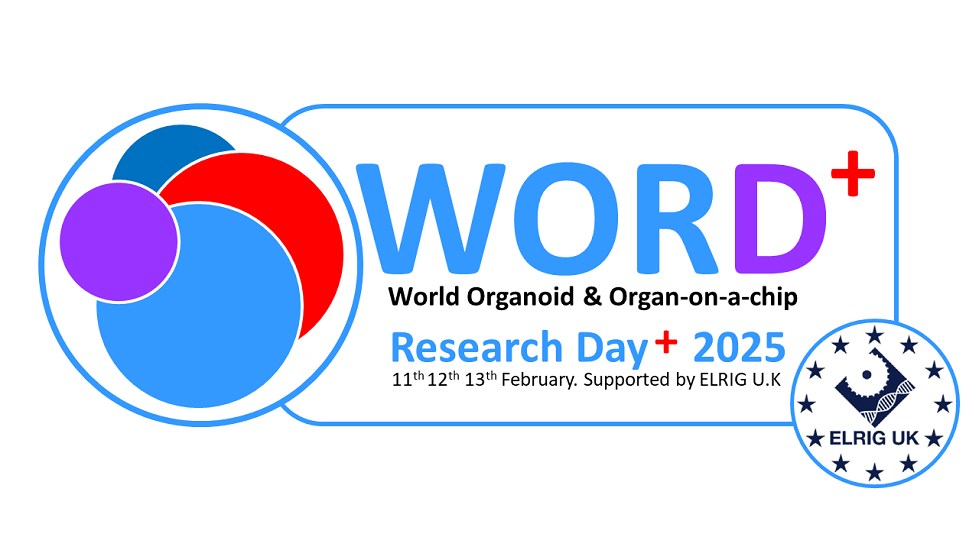Authors
L Boekestijn1; D Sullivan1; S Chvatal1; D Millard1; W Deacon1; B Streeter1; A Passaro
1 Axion BioSystems, Netherlands
Overview
iPSC technology's adaptability enables efficient in vitro replication of complex human biology at high throughput. Rapid progress in stem cell technology has popularized its use in creating in vitro neuron electrophysiology models for drug discovery and safety screening. Ongoing research focuses on refining advanced cell preparations like spheroids or organoids to establish mature human phenotypes in vitro, showcasing the technology's potential in advancing biomedical research applications
Introduction
The objective of this work is to develop and validate a live-cell analysis workflow for the characterization of neural organoids in vitro.
Methods
Live-cell imaging tracked iPSC colony formation and expansion, guiding consistent passaging based on cluster size and coverage. Imaging also monitored embryoid body formation and the induction of neural differentiation. At day 50+, organoids were transferred to a microelectrode array plate for attachment, and impedance measurements assessed cell viability and electrode coverage.
Results
Broadband (1 – 5000 Hz) electrophysiological data was acquired and then separately processed for action potential detection (200 – 5000 Hz) and low-frequency oscillations (1 – 50 Hz). The power spectral density was computed from the low-frequency signal sampled after network burst events, and then absolute power was computed in the delta (1-4 Hz), theta (4-8 Hz), alpha (8-14 Hz), beta (14-30 Hz), and gamma (30-50 Hz) bands.
Conclusion
The emergence and maturation of neural organoid electrophysiological activity were tracked via these measurements of spiking activity and low-frequency oscillations, coupled with the long-term monitoring of size via live-cell imaging. These results support the continued development of in vitro 3D models of neural function.

